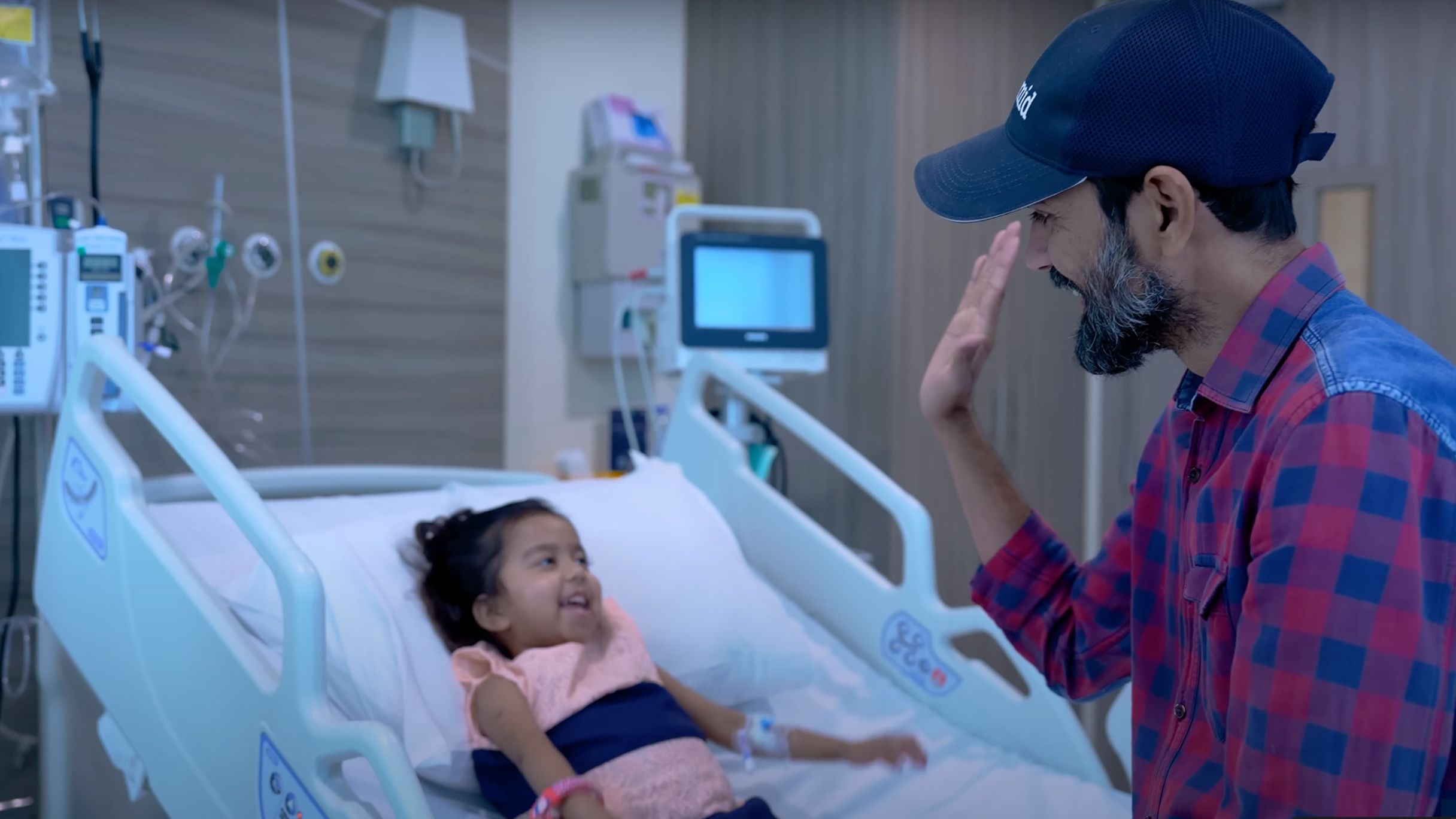
Gastrointestinal (GI) Oncology
Comprehensive GI Cancer Care — From Early Detection to Advanced Multimodal Therapy.
Expert surgical, medical, radiation, and interventional oncology for cancers of the esophagus, stomach, pancreas, liver, biliary system, small bowel, colon, and rectum.
The GI Oncology Service provides complete cancer care, including high-ADR screening colonoscopy, advanced endoscopic resection (EMR/ESD), EUS & ERCP staging, cutting-edge imaging (PET-CT, MRI liver protocols), molecular profiling, minimally invasive and robotic surgery, organ-preservation strategies, liver-directed therapies (TACE, Y-90), and state-of-the-art systemic and radiation treatments. Our weekly GI Tumor Board ensures each patient receives a guideline-based, personalized treatment plan.
82%
of referrals receive diagnosis-to-tumor-board decisions within the same weekMedian length of stay after robotic right hemicolectomy with ERAS: 3 days
Common Conditions & Subspecialty Clinics.
- Colon adenocarcinoma
- Rectal cancer
- Anal squamous-cell carcinoma (SCC)
- Hereditary polyposis syndromes (FAP, Lynch)
- Pancreatic ductal adenocarcinoma
- Periampullary cancer
- Cholangiocarcinoma
- Gallbladder cancer
- Esophageal adenocarcinoma and squamous-cell carcinoma
- Gastric cancer
- Gastrointestinal stromal tumor (GIST) of the stomach
- Hepatocellular carcinoma (HCC)
- Fibrolamellar variant of HCC
- Hepatic metastases (e.g., colorectal, breast)
- Neuroendocrine liver metastases
- Gastrointestinal neuroendocrine tumors
- Pancreatic NETs
- Carcinoid syndrome
- Peptide receptor radionuclide therapy (PRRT) and surgical management
- Small-bowel adenocarcinoma
- Appendiceal cancer
- Peritoneal pseudomyxoma
Procedures & Treatments.
Total Neoadjuvant Therapy (TNT) and watch-and-wait protocols for rectal preservation
Stereotactic Body RT (SBRT) for liver & pancreatic lesions; IMRT for rectal cancer
Immunotherapy (PD-1/PD-L1) for MSI-H/dMMR tumors; CTLA-4 + PD-1 combos
Targeted therapy—HER2 antibody, FGFR inhibitor, TRK inhibitor, PARP inhibitor
mFOLFOX, CAPOX, FOLFIRINOX, gemcitabine-nab-paclitaxel regimens
ctDNA minimal residual disease (MRD) testing for relapse prediction
PET-CT tracers: ¹⁸F‑FDG, ⁶⁸Ga‑DOTATATE, ¹⁸F‑PSMA for rare NET mets
Dual-Energy CT with iodine mapping for pancreatic vascular involvement
Liver MRI with gadoxetate & DWI for HCC characterization
EUS-FNA/FNB & elastography for pancreatic/biliary masses
Colonoscopy with AI-assisted polyp detection; EMR/ESD for T1 lesions
Percutaneous Microwave & Irreversible Electroporation (IRE) for pancreatic and liver tumors
Y-90 Radioembolization & TACE for unresectable HCC and CRLM
HIPEC for peritoneal surface malignancies (oxaliplatin, MMC regimens)
Laparoscopic & Robotic Liver Resection, ALPPS, two-stage hepatectomy
Robotic Whipple & Distal Pancreatectomy with spleen preservation
Robotic Right/Left Colectomy, TaTME, and LAR with fluorescence perfusion
Psychosocial oncology, spiritual care, financial counseling
Fertility preservation for young adults (sperm & oocyte cryopreservation)
Genetic counseling for hereditary GI cancer syndromes (Lynch, FAP)
Nutrition & cachexia clinic, exercise oncology, pelvic-floor rehab
Care Pathway & Coordination.
Rapid Referral & Work-up
Colonoscopy/biopsy, imaging, labs completed within 5 days
GI Tumor Board
Consensus plan (surgery, neoadjuvant, systemic, trials)
Treatment Phase
Timely start of therapy; nurse navigator coordinates appointments
Response Assessment
Imaging labs per protocol; ctDNA monitoring
Surgery / Intervention
Minimally invasive resection or liver-directed therapy
Survivorship Follow-up
Surveillance schedule, wellness programs, rapid re-entry for recurrence


